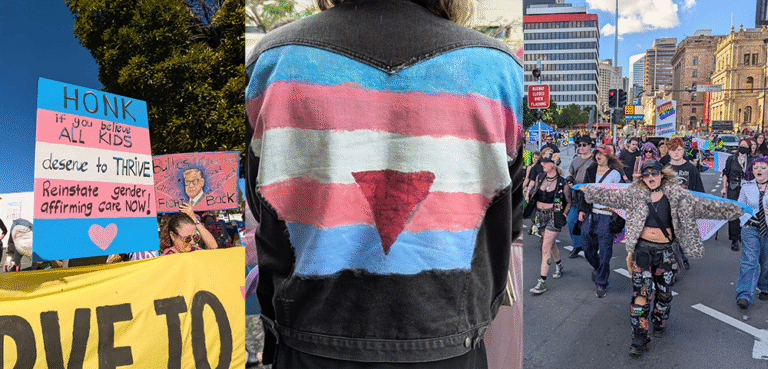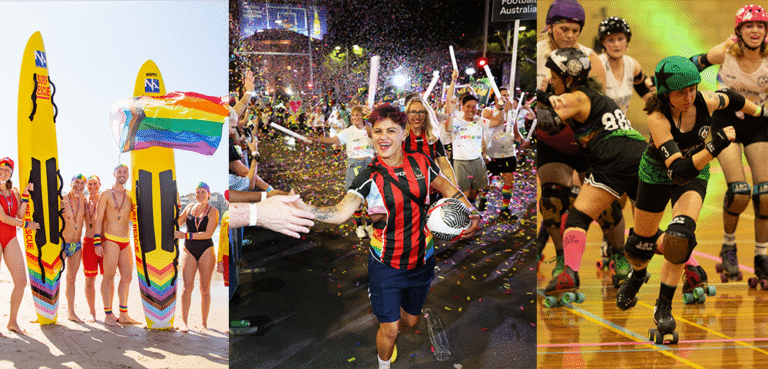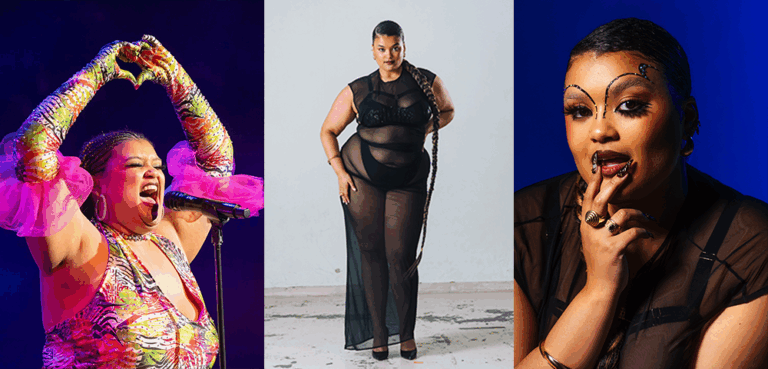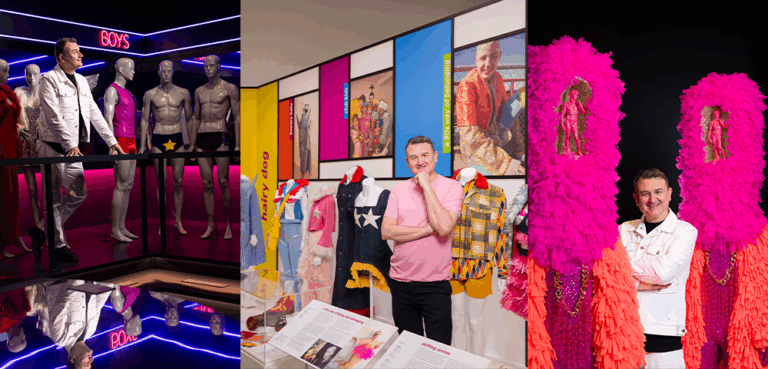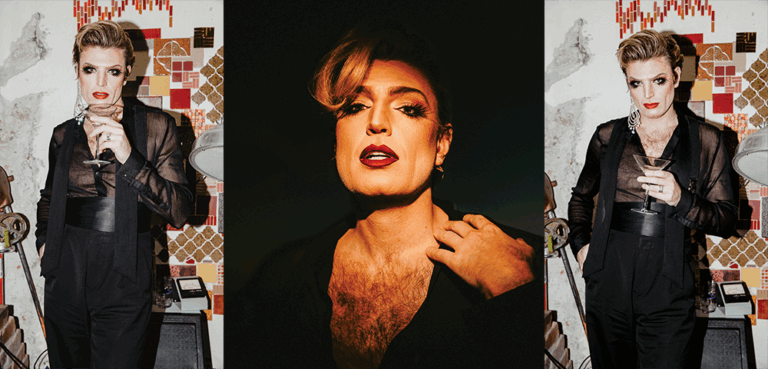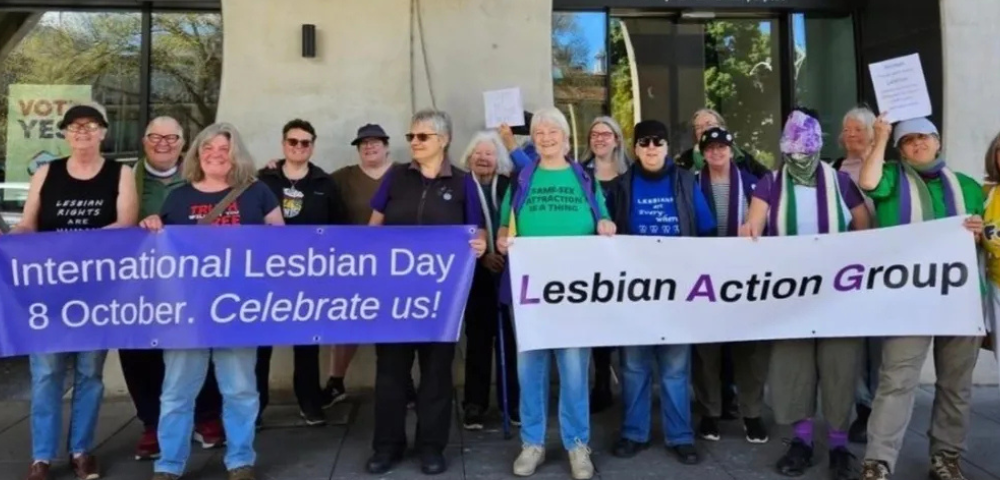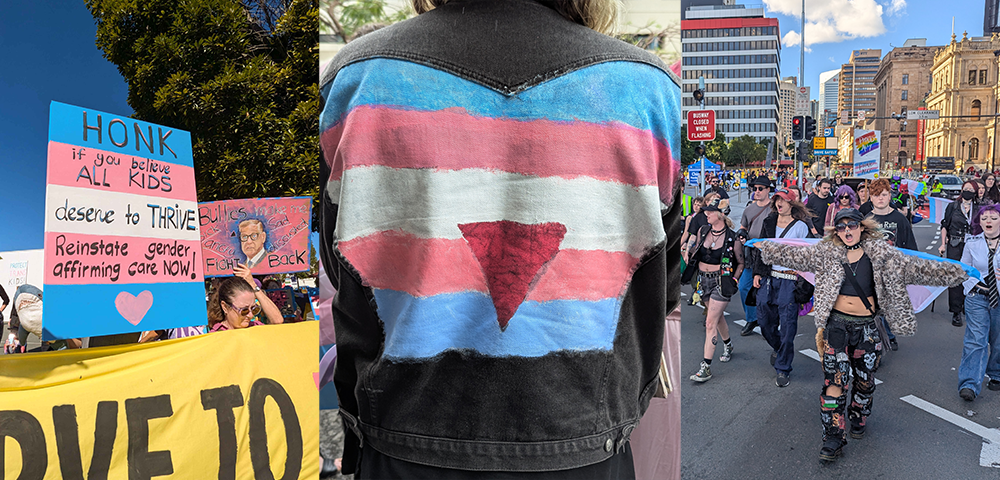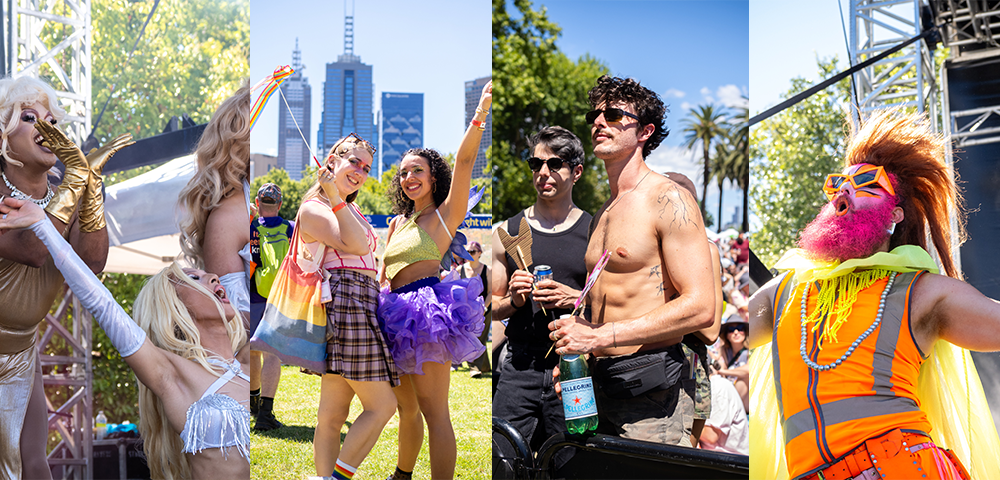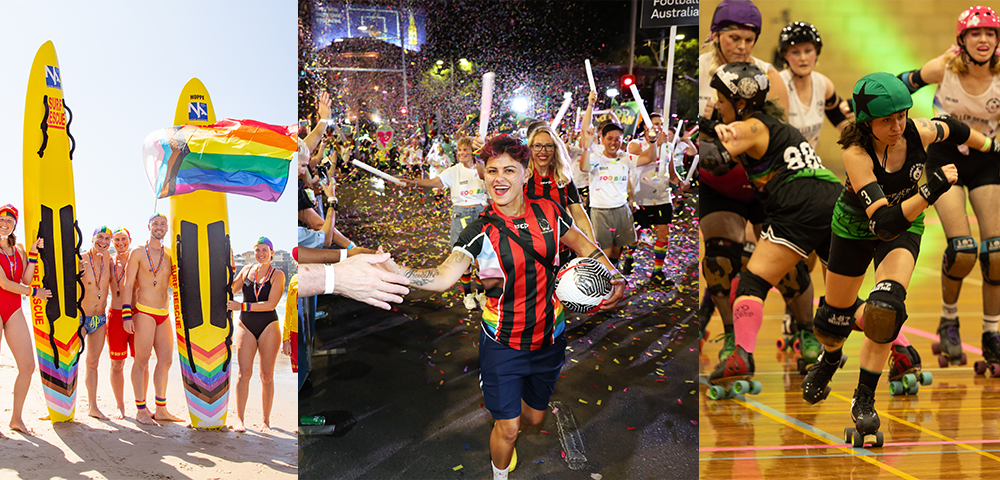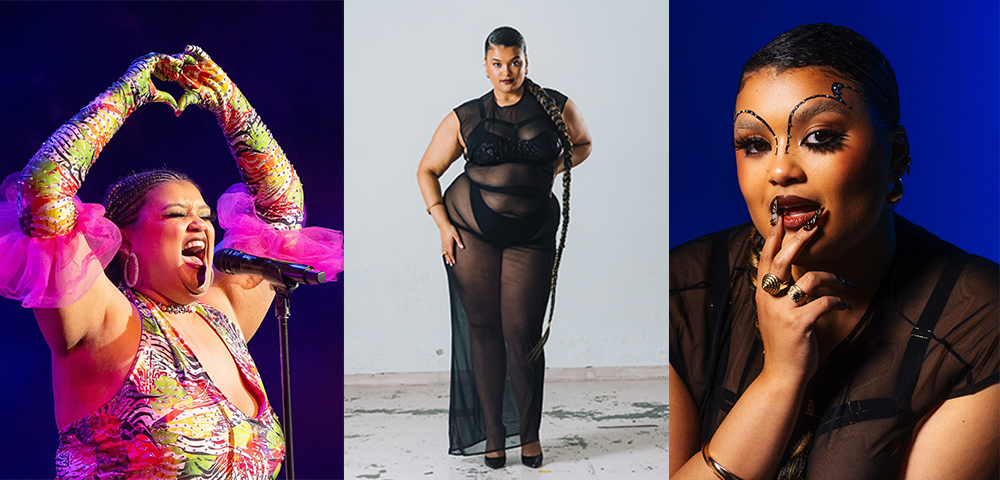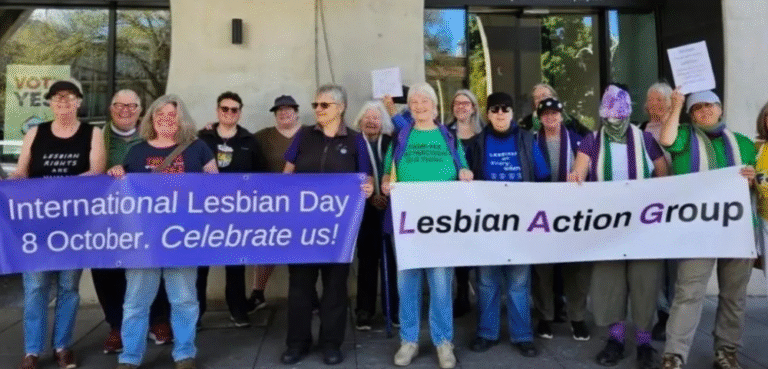
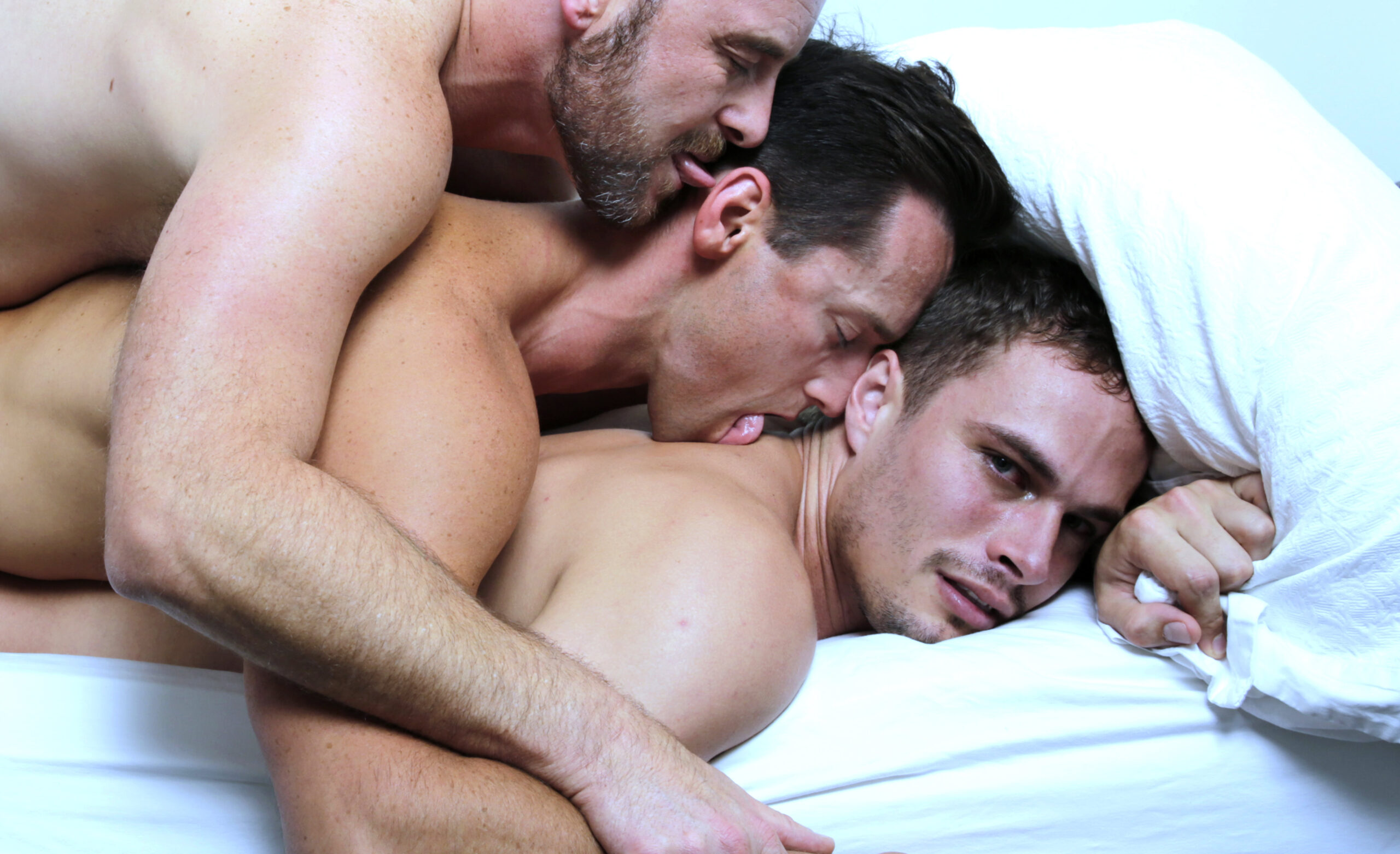
AS the battle for marriage equality wages on for lesbian and gay men, and the popularity and awareness of the polyamorous lifestyle continues to rise, the divide between the two communities seemingly grows larger.
It is not uncommon to encounter ‘throuples’ in the gay community, but for many polyamory has become a dirty word. One that is seen as a possible obstacle to achieve their ultimate end goal – marriage equality.
When relationship coach Anne Hunter co-founded polyamorous community group PolyVic in 2004, it was much more of a queer collective.
But as time passed, “queerphobic” heterosexual members joined, and the push towards marriage equality meant more and more LGBTI felt uncomfortable associating with the term.
“What is really disturbing is the growing experience of condemnation that queer people are getting from other queer people about ethical non-monogamy,” she tells the Star Observer.
“And I do think that the timing (of marriage equality and condemnation) is linked… I wouldn’t say one is the cause of the other, but there is a correlation.”
Anne thinks that the gay male community has never truly needed polyamory as there is already much more acceptance of non-monogamy than in the mainstream, heterosexual community.
“But I was surprised by how many gay men experienced ostracism over polyamory,” she says.
“Queer communities have sidelined multiple relationships.”
Ashleigh, co-founder of the popular new social networking website Polyamorous.com.au, says it is a struggle to find gay or bisexual men who are openly interested or involved in the poly lifestyle.
“I often wonder if it’s a social thing – why are so many women open to bisexuality or curiousness? We’ve got trans, we’ve got crossdressers,” the 28-year-old says.
“I would say it’s a cultural thing. It’s not seen as socially acceptable like women experimenting.”
Describing herself as bisexual, Ashleigh says a large percentage of the site’s 2,000 mostly female members are somewhere between a two and a five on the Kinsey scale (heteroflexible to homosexual).
While promoting the website at SEXPO in Melbourne, she made a point of approaching any LGBTI couples she saw to discuss the lifestyle.
“I think the LGBTI community is pretty open minded,” she says.
Polyamorous.com.au is the latest addition to an ever expanding online poly community, gaining almost 50 new users a day.
Founded by a guy named Bruce (who chooses to remain anonymous) after his wife passed away, the group has quickly grown from 10 people having drinks to the huge social network it is today.
“There was this huge gap in the community for people to connect with each other, with like-minded people who are poly,” Ashleigh says.
Originally coming from a swingers background, it wasn’t until Ashleigh met someone who was poly that she felt as though she had found her place.
“My current primary partner, we were monogamous for a few months and then it didn’t work out,” she says.
“But then I met someone who was poly – I was so excited, it was a light bulb moment.
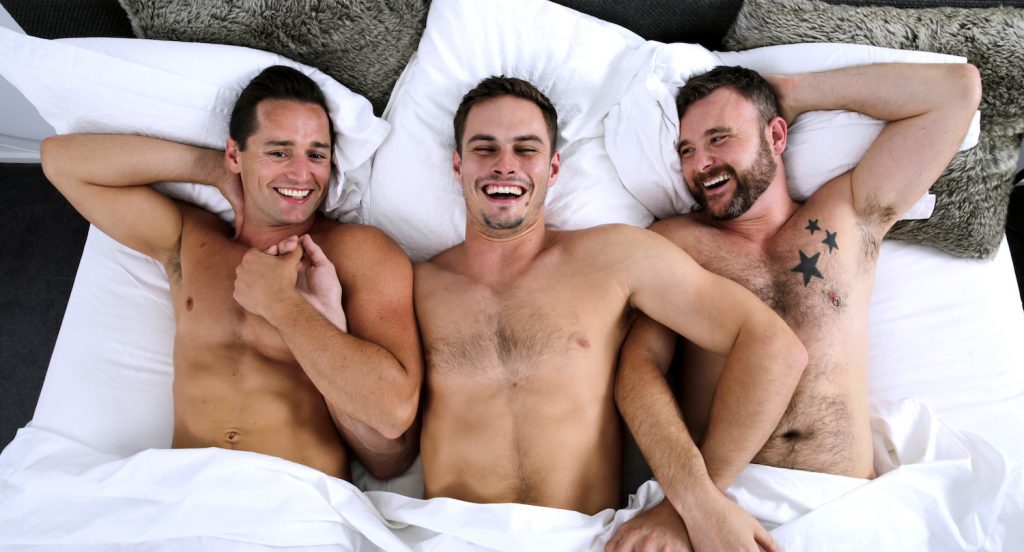
“The swingers world is much more shallow… you have orgies and it’s not consent based. The poly world is more about connection, and getting to know people – it’s not about group sex. It’s not about playing in different environments, it’s about loving more than one person with the knowledge and consent of all involved.”
One of the biggest hurdles poly partnerships face is jealousy. It can be a problem for even the happiest of mainstream, heteronormative couples, but adding extra partners into the equation is a sure fire way to inspire envy.
Anne thinks it is important for people interested in joining the poly lifestyle to recognise the autonomy of others.
“It’s not common for people to talk in depth about themselves – the common thing is walk in with a bunch of expectations and to impose those on each other,” she says.
Tony had been with his partner for eight years when they fell in love with another man and invited him into their lives as a third partner. The three have been in a loving relationship now for four years, but not without some dramas.
“I think the main issue is trying to maintain a balance in a relationship,” he says.
“Obviously there needs to be an agreement from all three parties that it’s a relationship and that relationship is going to continue… keeping that balance can be a little bit of a struggle.”
While jealousy was a bit of issue at the start of the relationship, Tony puts it down to an adjustment period of people finding their place.
“We tried to talk about that a lot, to make sure everybody felt comfortable where we were at,” he says.
Tony disagrees that the gay community has an opposition to the poly lifestyle, but admits he found a few friends were standoffish about the idea at first.
“I think that was more because my first partner and I had been together for some time earlier so there was a potential threat,” he says.
“I think that’s how some people saw that, but after some time and getting to know our third partner, they got over it.”
Despite identifying as poly, Tony and his partners have never ventured into the poly community or attempted to make friends with other poly people.
“We have our own base of friends, we don’t feel the need to see other people who share our interests,” he says.
“Certainly, we’ve met other people in a similar situation and a set of friends have just started a poly relationship as well.
“I think it’s one of those things, that when you’re in the situation you hear about it a lot more than when you’re not. It’s almost like coming out again… until you’re in the situation, you don’t pay much attention to it.”
While Tony thinks poly relationships are more prevalent than most people realise, he doesn’t see them ever receiving the same widespread mainstream acceptance LGBTI relationships have.
“Homosexuality has become accepted and more and more, but I don’t think poly relationships are going to be like that,” he says.
“There’s certainly a lot more opposition from people maintaining monogamous relationships.”
Trans woman Savanna, 43, realised she was poly in her mid-thirties after her ten-year marriage came to an end.
After splitting with her partner, she met a woman who introduced her to the concept of polyamory.
“I remember thinking ‘you can do that? It’s actually a thing?’ I was like a duck to water,” she says with a chuckle.
“It suited where I was in my life at that time, I already had my family and marriage so I was interested in exploring different relationships with different people.
“I don’t think there is one person in the world who can be your everything. Why not have multiple loving relationships with different people and enjoy different aspects of people?”
Although Savanna is now in an “emotionally monogamous but sexually open” relationship, she still considers herself inherently poly. She says the biggest challenge about being poly is the public perception that you’re just sleeping around, or you’re just a swinger.
“From my interpretation, swingers are just interested in having sexual relationships with different people, and being poly is about having relationships with people – it’s not just a function of sleeping around,” Savanna says.
Savanna also lists jealousy as a major issue in poly relationships – particularly when it comes to primary and secondary relationships.
At one point she was in a relationship with two people, who became primary partners without discussing it with her.
“I found out via Facebook and then I found out they were engaged to be married,” Savanna says.
“The lack of communication between partners… it was a poor way of finding out. It hurt because I felt we were all equally into each other and then it obviously hurt the relationship between us.
“We stayed friends afterwards but it was never the same again.”
While Savanna thinks humans are inherently poly, she believes societal constructs and expectations will prevent it from ever becoming the norm.
“I think poly is growing and the awareness is growing and perhaps it will be more and more respected over time,” she adds.
“I have found people in the poly scene aren’t really poly, they just want an excuse to sleep around so I think it gets misused and as a consequence it gets a bad wrap. I don’t think people respect people who use it as a means to have more relationships.”
